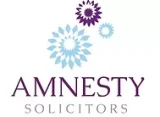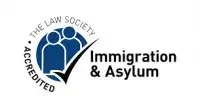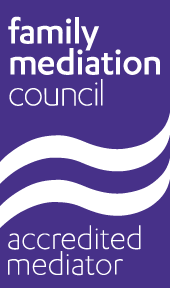As a result of Brexit, the UK’s immigration system has undergone significant change. And with corporate immigration laws being updated frequently, it can be difficult to understand the requirements and processes for hiring foreign nationals in a UK business. There are still plenty of options available when it comes to recruiting talent from outside of the UK, including through the recently created Points Based System. Take a look at our guide to the corporate immigration process to understand how best to navigate the new system and hire the talent your business requires.
What is the Points Based System?
Since 1 January 2021, aside from UK and Ireland nationals, anyone wanting to live and work in the UK is required to seek immigration before they can obtain the right to work in the UK. This must be done via the Points Based System (PBS). There are various routes for corporate immigration, including the following:
This route is available for migrants who are in skilled roles and are sponsored by a UK employer. In order to be eligible the role must:
- Be a genuine vacancy
- Be in an eligible occupation
- Meet the minimum salary requirements of £25,600 or the ‘going-rate’ for that particular role
- Be sufficiently skilled (educated to A level qualification or equivalent). This is known as “RQF Level 3”.
- The worker must speak English to the required standard
- And they must have a job offer from a Home Office licensed sponsor
Points are awarded to applicants based on their eligibility for each of the above criteria. All applicants are able to trade characteristics, for example a lower salary against higher qualifications in order to achieve the required number of points.
Skilled Worker visas can be issued for up to five years and can be extended as many times as they like, should they still meet the eligibility criteria.
Global Business Mobility (Senior or Specialist Worker)
This route allows UK businesses to hire an overseas national from an overseas group company. The worker must be sufficiently skilled to a degree level or equivalent, known as “RQF Level 6” and they must meet the minimum salary requirements of £42,400 or the “going-rate” for the role.
This route can also be used for temporary work assignments in the UK which relate to the businesses expansion to the UK, where there is a graduate trainee programme which will allow them to progress to senior management or a specialist position, a secondment worker or a service supplier.
How to Sponsor a Visa
Employers wishing to sponsor a visa of a migrant must obtain a sponsor license and become a licensed Home Office sponsor. The business must then comply with various duties which include:
- Reporting matters such as absences or changes to the employer or employees circumstances, to the Home Office within a set time frame
- Record keeping including retaining copies of adverts, recruitment documentation, passports and contact details).
Applications usually take around eight weeks to process but employers can take advantage of a priority processing service in some instances.
Despite the changes to corporate immigration policies, there are still multiple routes to hire the talent your business requires. The UK government frequently update policies and in April 2022 made changes designed to streamline business immigration in the UK to support UK businesses. Contact us for more information or to speak to someone about corporate immigration and how we can help your business.






